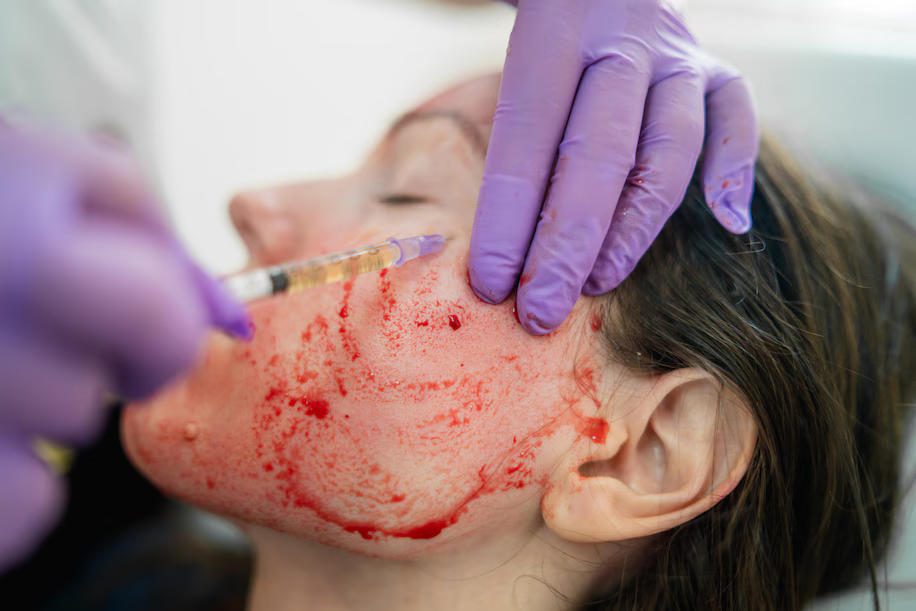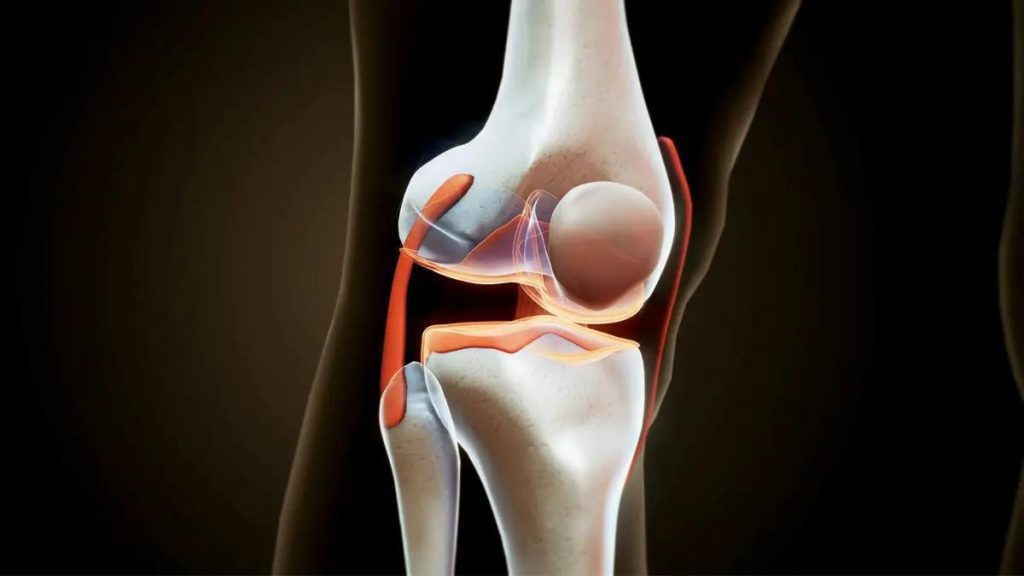- 3 women contracted HIV from “vampire facials” at an unlicensed spa in New Mexico.
- This is the 1st documented case of HIV transmission through cosmetic injections.
- Investigators believe improper hygiene practices at the spa led to the transmission.
The Centers for Disease Control and Prevention (CDC) is investigating cases of H.I.V. infection in women who underwent cosmetic procedures known as “vampire facials” at an unlicensed spa in New Mexico. This is the first time H.I.V. transmission through cosmetic injection services has been documented, raising concerns about the safety and regulation of such procedures.
The CDC reported that at least three women were infected with H.I.V. during the vampire facial procedures at the spa. These women were part of a cluster of five individuals who shared highly similar H.I.V. strains. Four of the individuals had undergone the platelet-rich plasma microneedling procedure, while the fifth individual, a man, had a sexual relationship with one of the women.
During an inspection of the spa, investigators found several unsafe practices, including unlabeled tubes of blood, improper storage of blood specimens, and the reuse of disposable equipment intended for single use only. These practices could have contributed to the transmission of H.I.V. and other infections.
The New Mexico Department of Health initiated an investigation after being notified of the unusual H.I.V. infection in 2018. The spa closed shortly after the identification of the first infection, but the spa’s poor records hampered the investigation. Health officials identified 59 clients who were at risk for infection and reached out to the community to raise awareness.
Health officials recommend that individuals receiving cosmetic procedures ask providers to open syringes and vials in front of them and ensure that blood specimens are properly labeled. Licensing is also emphasized as a crucial factor in ensuring the safety and quality of cosmetic procedures.
The investigation into the H.I.V. infections linked to vampire facials highlights the importance of proper infection control and regulation in cosmetic procedures. It serves as a reminder for individuals to be vigilant about the safety practices of providers and to prioritize licensed professionals for such treatments.
Tags: H.I.V., vampire facials, CDC investigation, cosmetic procedures, unlicensed spa, New Mexico, infection control, platelet-rich plasma, blood contamination, public health.
FAQs
What is a vampire facial?
A vampire facial is a cosmetic procedure that involves drawing a patient’s blood, separating platelet-rich plasma, and then using needles to puncture the skin. It is promoted for reducing signs of aging, acne scarring, and sun damage.
How did the women get infected with H.I.V. during the vampire facials?
The exact source of contamination is still unknown. However, unsafe practices at the unlicensed spa, such as the reuse of needles and improper storage of blood specimens, likely contributed to the transmission of H.I.V.
How many people were affected by the H.I.V. infections linked to the spa?
At least five people were confirmed to have spa-related H.I.V. infections, including four clients who underwent vampire facials and one sexual partner of a client.
What steps can individuals take to ensure the safety of cosmetic procedures?
Individuals should ensure that their providers are licensed and follow proper infection control practices. They should also ask providers to open syringes and vials in front of them and ensure that blood specimens are properly labeled.
What is the risk of infection during cosmetic procedures?
The risk of infection during cosmetic procedures is generally low. However, individuals need to be aware of the risks and take necessary precautions.
What should individuals do if they have received services at the spa?
Individuals who received services at the spa should consider getting tested for H.I.V. and other infections. They should also consult with healthcare providers for further guidance.








